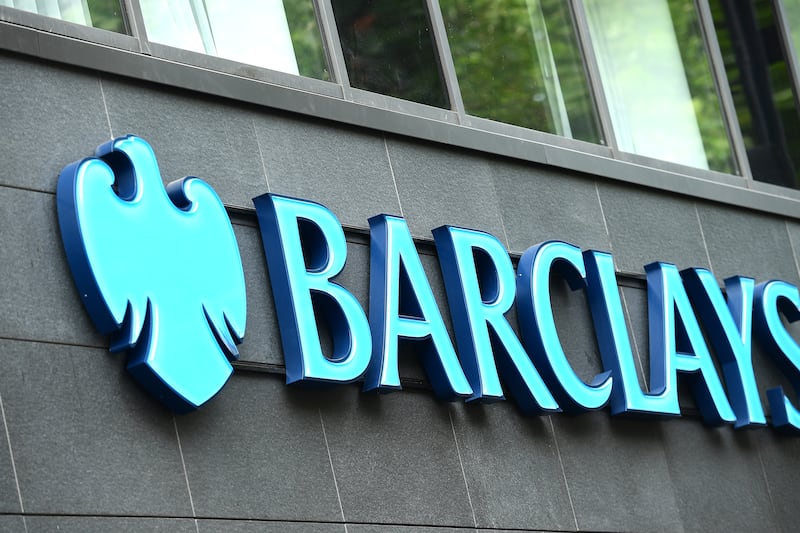LOCALLY, the first half of 2019 has delivered so far a strong investment performance for Barclays Investment Solutions clients, capturing the improved investor sentiment and global equity market recovery from the end of 2018. But as share markets in the US set new record highs, investors may be wondering whether they should follow the much-touted advice to ‘Sell in May and go away’. We think this would be a mistake… Find out why in the article based on the insights from the Barclays Investment Solutions team.
The ‘Sell in May’ effect, also known as the ‘Halloween Indicator’, is believed to be a recurring pattern in share markets, where it is claimed that returns from November to April are stronger than the other half of the year. If true, it would follow that investors can outperform a simple buy-and-hold strategy by selling stocks at the beginning of May and buying them back at the end of October.
To test for the existence of the ‘Sell in May’ effect, we compared the monthly returns across 19 different share markets during the May-October (‘summer’) period and the monthly returns during the November-April (‘winter’) period between 1970-2017. Based on the findings, we discovered that the monthly returns were, on average, 1-2 per cent higher in winter than in the summer period. This indicated that investors would have earned, on average, 6-12 per cent more through the whole winter period than the summer. Note that past performance is not a guide to future performance.
Given that there is evidence for the ‘Sell in May’ effect, should investors sell off their share holdings and park the proceeds in cash between May and October? We don’t think so.
Importantly, share returns still tend to be positive over the summer months, but are lower compared to returns during the winter. Therefore, investors risk losing out if they come out of the market for half of the year. Over time, the effects of this opportunity cost (the benefit that is missed or given up when an investor chooses one alternative over another) can be significant.
A timing strategy that buys shares during winter and shifts all assets to cash during the summer would have underperformed a simple 60 per cent (in shares)/40 per cent (in bonds) buy and hold strategy. In short: literally selling in May and going away isn’t profitable because markets haven’t gone down on average over summer months; they have just gone up by less.
In any case, we would always advocate time in the market rather than trying to time the market. The longer you’re prepared to stay invested, the greater the chance your investments will generate positive returns. That means holding your investments for at least five years, and preferably much longer. During any long-term investment period, there will always be periods of volatility and uncertainty, but it is vital not to be distracted by short-term performance, or let your emotions take over your decision-making. A buy-and-hold investment strategy is likely to serve you best for any long-term goals.
If you sell in May and you are wrong, not only do you miss out on gains, but you also incur transaction costs that further increase the damaging effect of your decision. If you sell in May and you are correct, you will clearly feel good for missing market losses. However, one of the most difficult things for investors following market falls is to get back in.
The emotional impact of seeing losses, and the fear that the falling markets may not have run their course, tends to make investors nervous to commit to buying back their investment. This is also hugely damaging as you may spend too long out of subsequently rising markets. Also remember that whether you are correct or not, you will miss out on some dividend income that also helps boost your total return.
:: Claire McCombe is a private banker at Barclays Wealth & Investments NI








